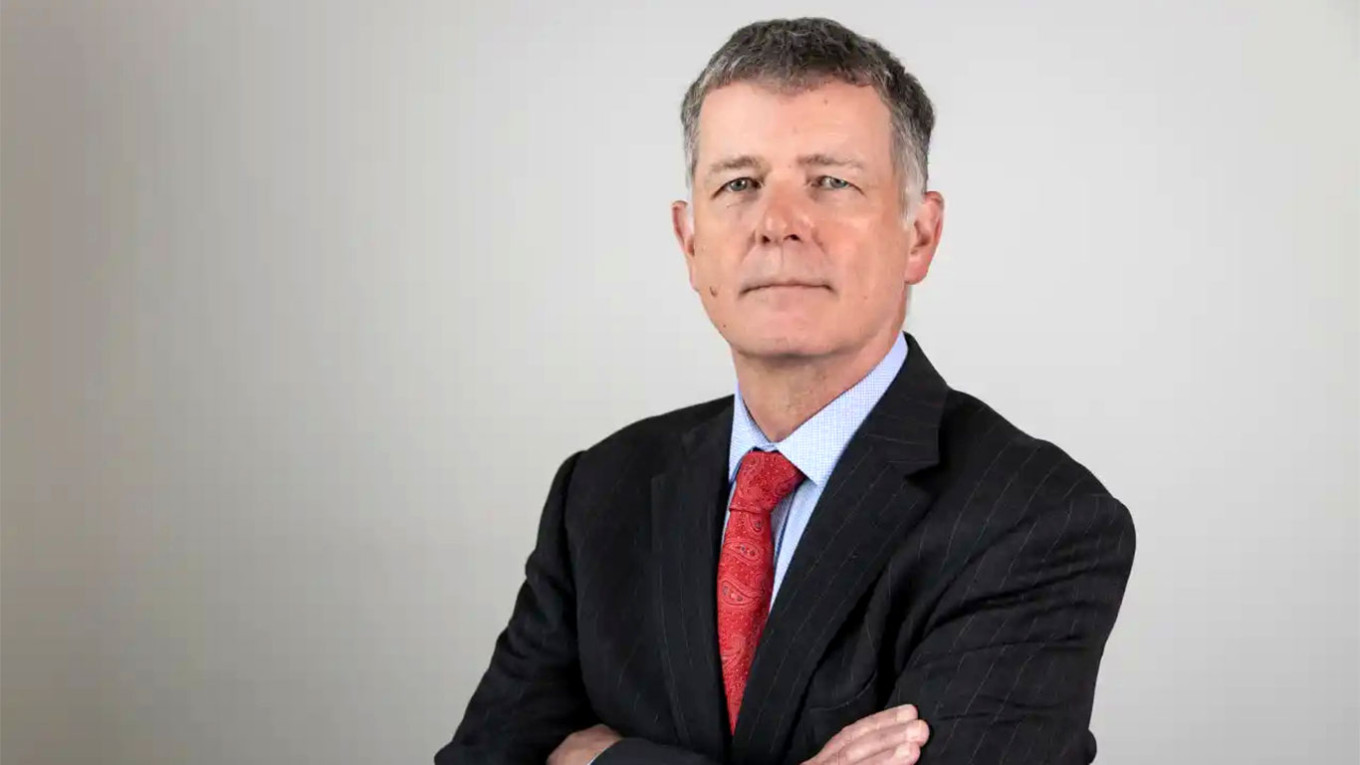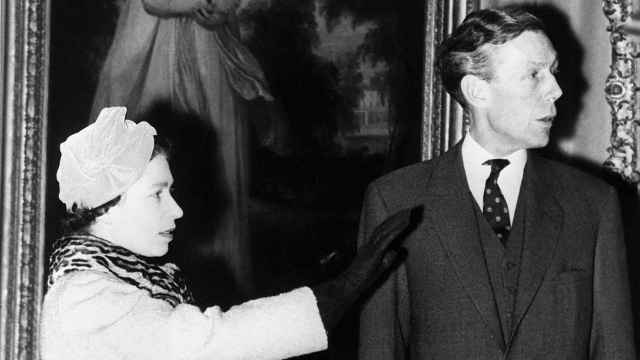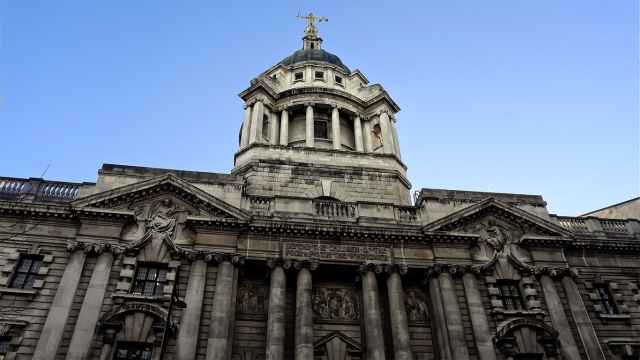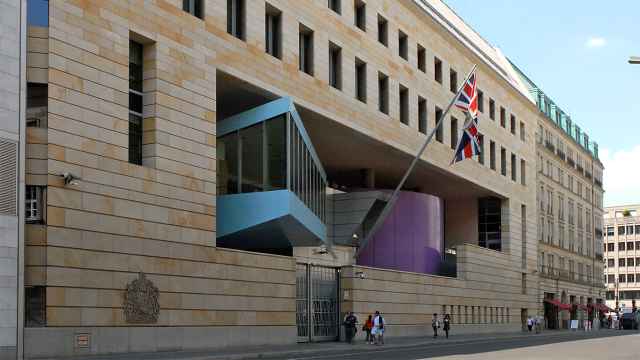The United Kingdom is offering British passports to Russian officials in exchange for intelligence information, the British newspaper i reported Friday, citing three anonymous U.K. intelligence sources and one former Russian informant.
The report comes just over half a year after the head of Britain’s MI6 spy service, Richard Moore, urged Russians appalled by the war in Ukraine to spy on Moscow for the U.K.
Likewise, CIA Director of Operations David Marlowe said in November 2022 that the U.S. spy agency was “open for business” to Russians upset over the Kremlin’s war in Ukraine.
Although the British citizenship incentive has been in place since the Cold War, i writes that official sources now accept that its current use during the war in Ukraine “is no longer confidential.”
“British citizenship is often the most powerful method of persuasion at the hands of the U.K. government agencies,” the newspaper wrote, stressing that the potential informants go through a rigorous vetting process.
The passports are then given once the defectors “are either no longer needed or no longer able to glean information from their position in Russia.”
i said it withheld key details from the report to protect Britain’s national security, but it described the broad mechanics of MI6’s relationship with its spies.
“The way it works is you have an informant who speaks to a handler. The handler is an agent who is then managed by a manager,” one of the sources said, describing the handler as a “firewall” for the informant to have plausible deniability if they are questioned by the Russian authorities.
The informant “cannot be seen entering the British embassy” due to Russia’s round-the-clock surveillance.
Instead, the informant is asked to meet their handler in “as natural as possible” a setting — including parks, bars, hotel rooms or ghost buildings, which are described as properties set up with fake businesses to provide cover for meetings.
“You need to give a real, legitimate reason why these two people are meeting regularly,” the U.K. intelligence source said. “This can take weeks or months but you will make a new friend who is legitimate and so it doesn’t raise suspicion when you keep meeting them.”
A Message from The Moscow Times:
Dear readers,
We are facing unprecedented challenges. Russia's Prosecutor General's Office has designated The Moscow Times as an "undesirable" organization, criminalizing our work and putting our staff at risk of prosecution. This follows our earlier unjust labeling as a "foreign agent."
These actions are direct attempts to silence independent journalism in Russia. The authorities claim our work "discredits the decisions of the Russian leadership." We see things differently: we strive to provide accurate, unbiased reporting on Russia.
We, the journalists of The Moscow Times, refuse to be silenced. But to continue our work, we need your help.
Your support, no matter how small, makes a world of difference. If you can, please support us monthly starting from just $2. It's quick to set up, and every contribution makes a significant impact.
By supporting The Moscow Times, you're defending open, independent journalism in the face of repression. Thank you for standing with us.
Remind me later.






